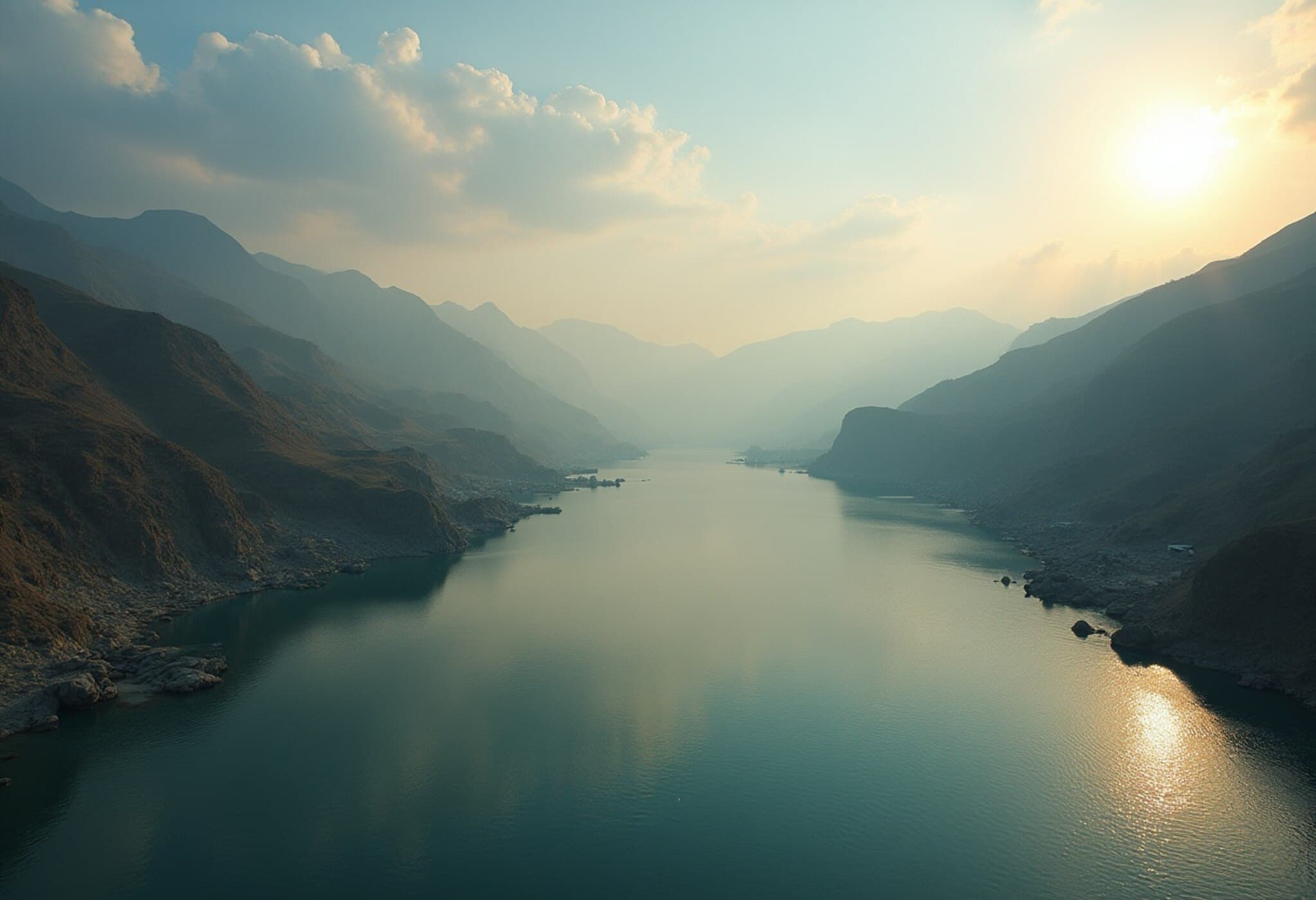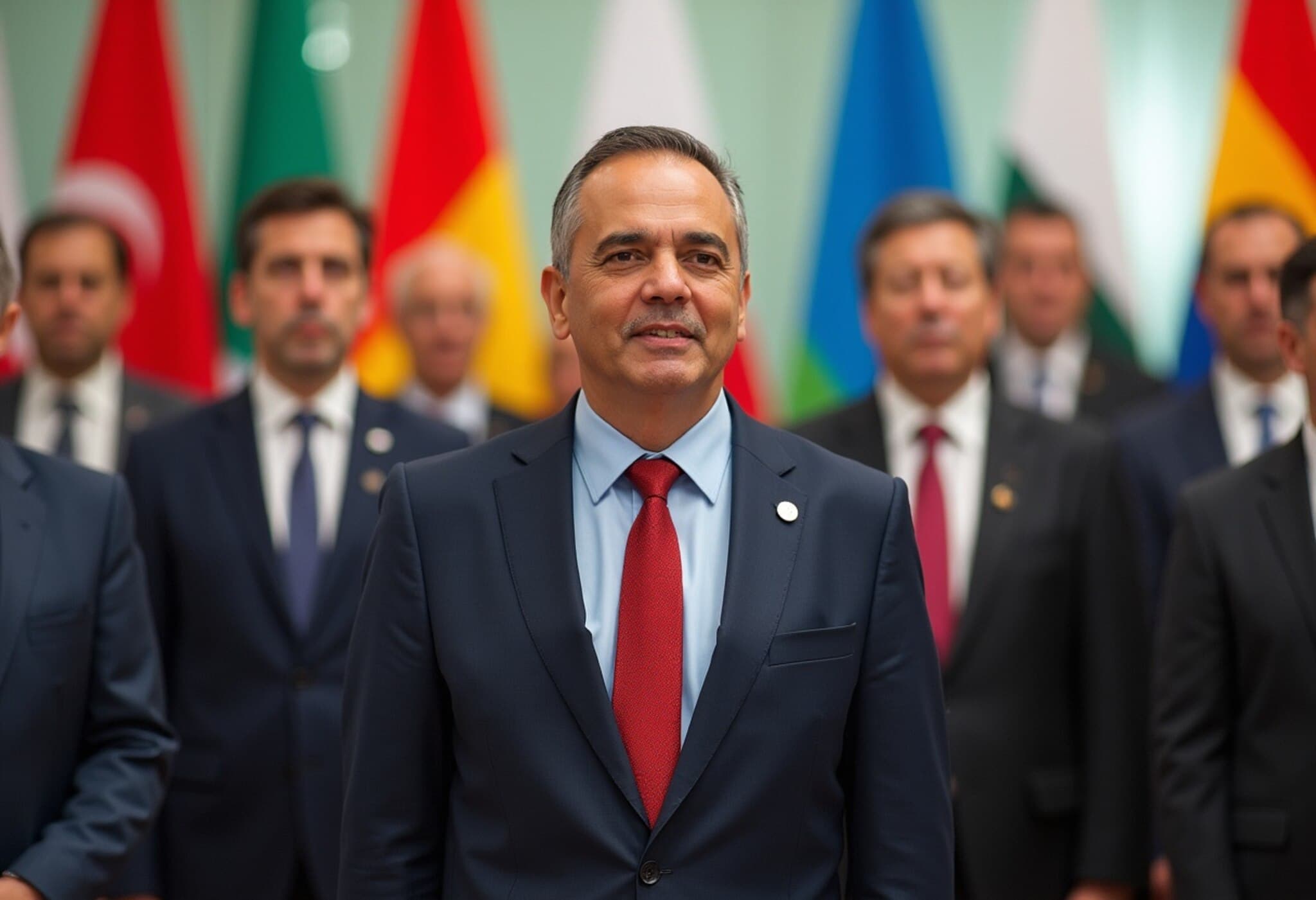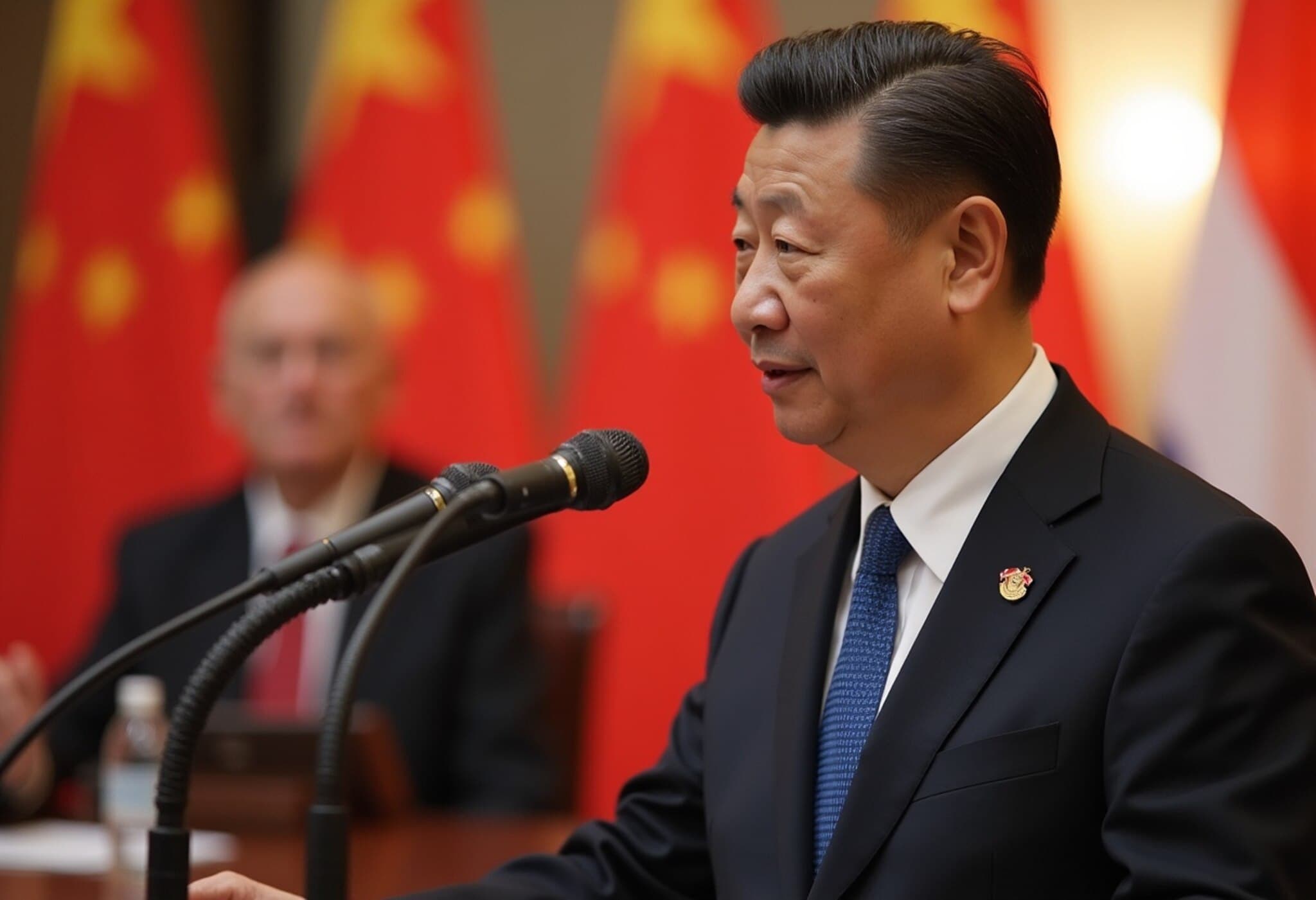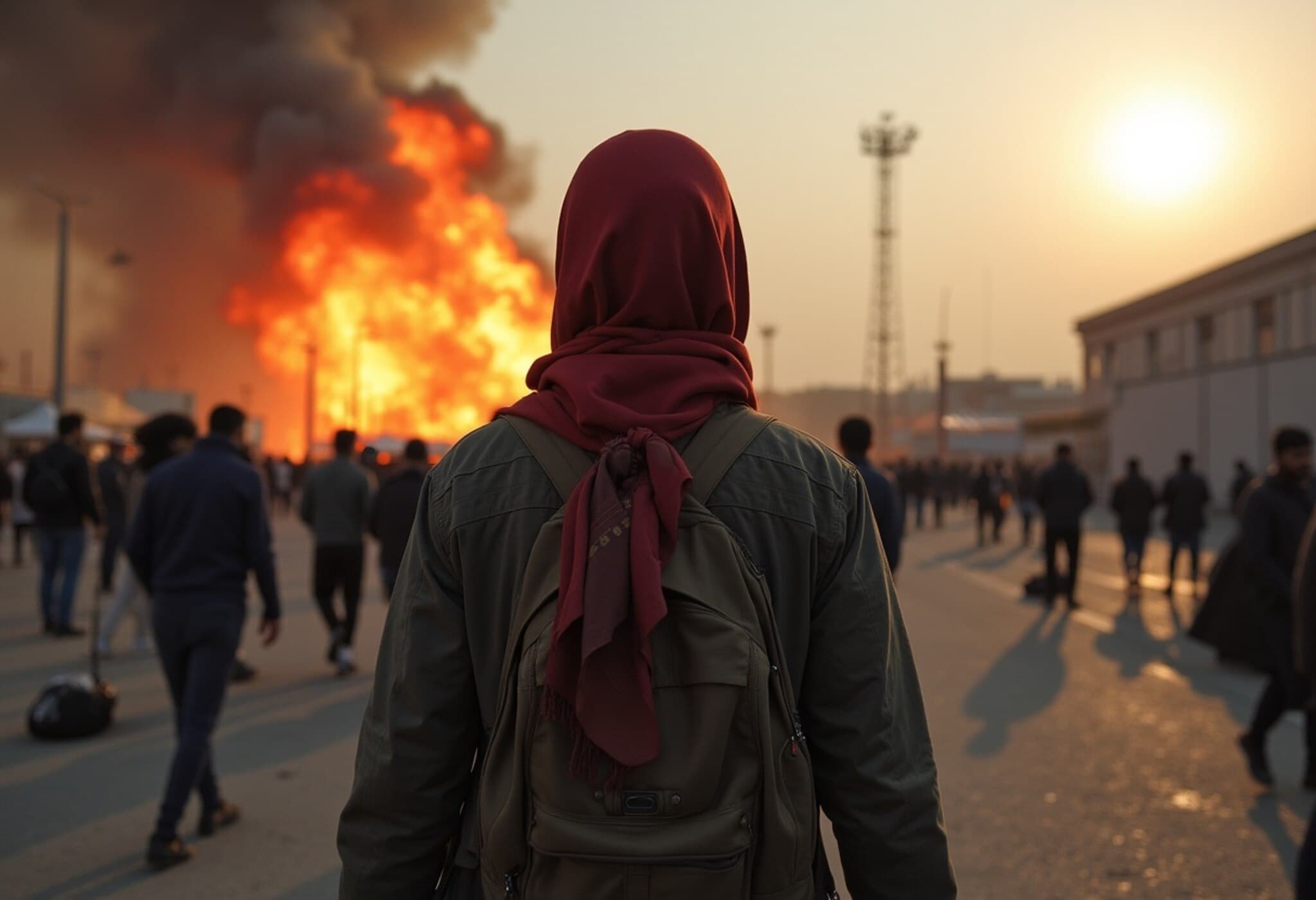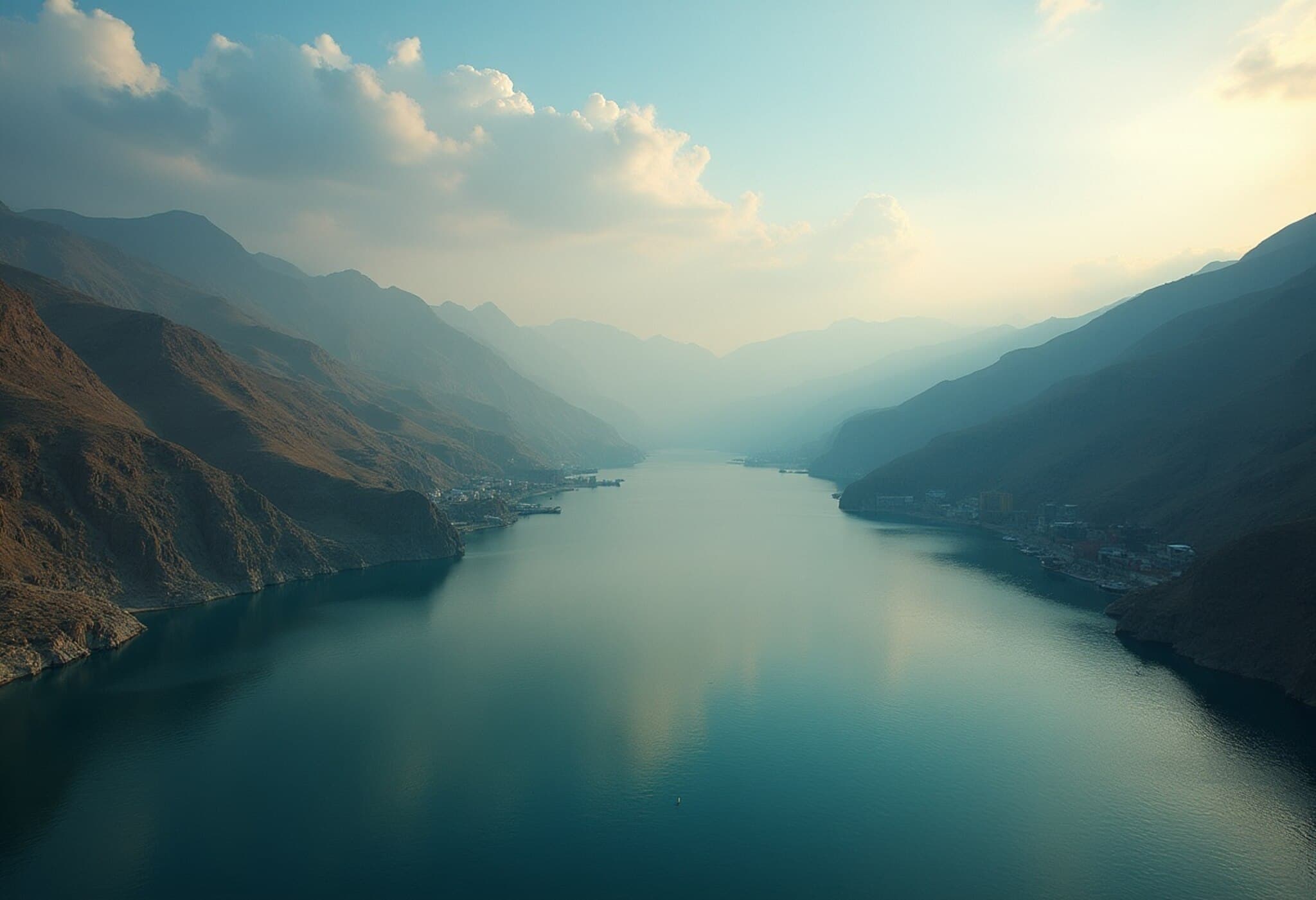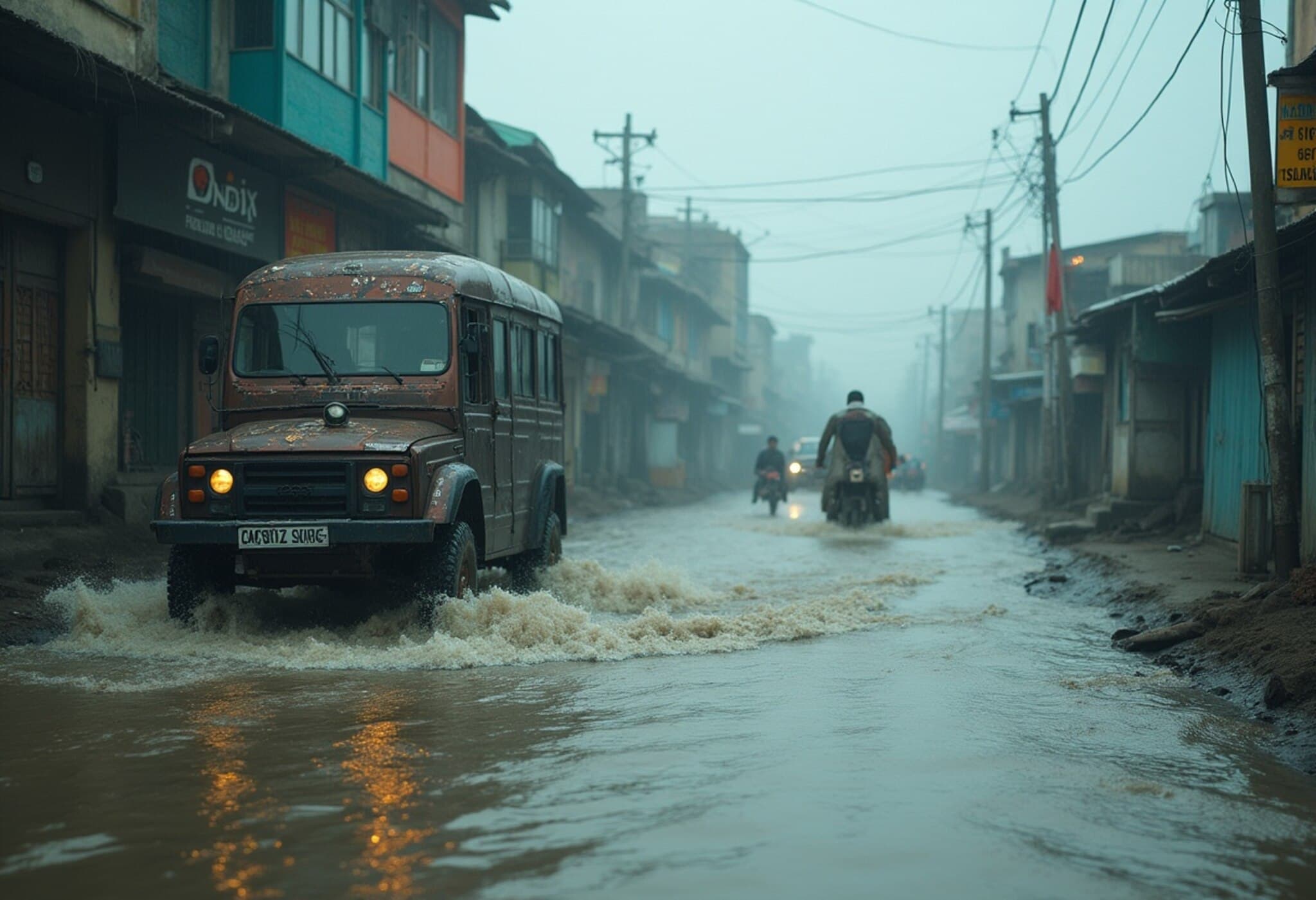Understanding India's Stance on the Indus Waters Treaty Amid Rising Tensions
In a recent development that has captured international attention, former Indian diplomat Syed Akbaruddin offered a nuanced perspective on India's decision to suspend cooperation under the Indus Waters Treaty following a spate of terror attacks attributed to Pakistan-based groups. This longstanding treaty, brokered in 1960, has traditionally managed water-sharing rights on the Indus River system between India and Pakistan, two nuclear-armed neighbors with a history of conflict.
The Fragility of Treaties in a Climate of Terror
Akbaruddin, who once served as India’s Permanent Representative to the United Nations, emphasized that while treaties are anchors of international cooperation, their foundation is ultimately trust—a commodity impossible to sustain when terrorism undermines the basic security climate. "Treaties are built on trust, and trust cannot flow when terror does," he asserted poignantly, framing India's suspension of treaty functions as a response not borne out of legal caprice but a profound breach of mutual confidence.
Earlier this year, the Court of Arbitration (CoA) in The Hague ruled on Pakistan’s concerns regarding India’s hydropower projects on the Indus River. India, however, dismissed the ruling contextually after terrorists killed 26 people in Pahalgam, Kashmir, on April 22—an attack that India attributes to Pakistan-based terror outfits.
Legal Permanence vs. Political Realities
While the CoA’s decision holds legal merit, Akbaruddin provides a critical insight: international law cannot operate in a vacuum devoid of political and security realities. “When blood stains the snow of the Pir Panjal, the abstractions of international law ring hollow,” he wrote in The Indian Express, reflecting the painful intersection of diplomacy and terror.
India’s move to freeze cooperative mechanisms under the treaty is not an act of water 'blockage' or resource 'hostage-taking' but a firm diplomatic signal demanding accountability and a cessation of terror activities.
Re-engagement Hinged on Concrete Action Against Terrorism
Akbaruddin advocates for a strategic approach whereby India conditions any renewal of dialogue or treaty cooperation on verifiable Pakistani efforts to dismantle terror networks. This approach reframes India’s position as a call for “conditional justice” rather than an unconditional concession.
- Diplomatic clarity: India must communicate its stance unequivocally to the global community—not as peace derailment but as a demand for genuine peace.
- Infrastructure development: Concurrently, India should invest in expanding its rightful use of both eastern and western river waters under the treaty’s provisions, ensuring transparency and efficiency.
- Linking water cooperation to security: Re-engagement should be predicated on Pakistan’s demonstrable action against terrorism, reaffirming that resource-sharing is inseparable from security assurances.
Wider Implications for Regional Stability
This candid assessment brings to light the complex interplay between environmental diplomacy, water security, and counterterrorism in South Asia. The Indus Waters Treaty has often been described as one of the few surviving frameworks of bilateral cooperation between India and Pakistan. Yet, as Akbaruddin and others highlight, the treaty's survival depends on broader peace and trust-building efforts.
For policymakers and observers, the lesson is clear: water treaties cannot be insulated from geopolitical instability. As climate change intensifies water scarcity in the region, ignoring the nexus of water, security, and diplomacy risks transforming shared natural resources into flashpoints of conflict.
Editor’s Note
The evolving dynamics of the Indus Waters Treaty underline a vital truth—treaties are not static legal documents but living frameworks requiring ongoing trust and mutual respect. India's resolute linking of treaty cooperation with anti-terrorism measures signals a strategic shift, suggesting that sustainable water sharing in South Asia hinges on the restoration of genuine peace and security. Readers are invited to consider: In an era marked by transnational terrorism and environmental stress, how can treaties adapt to safeguard both natural resources and human lives?

